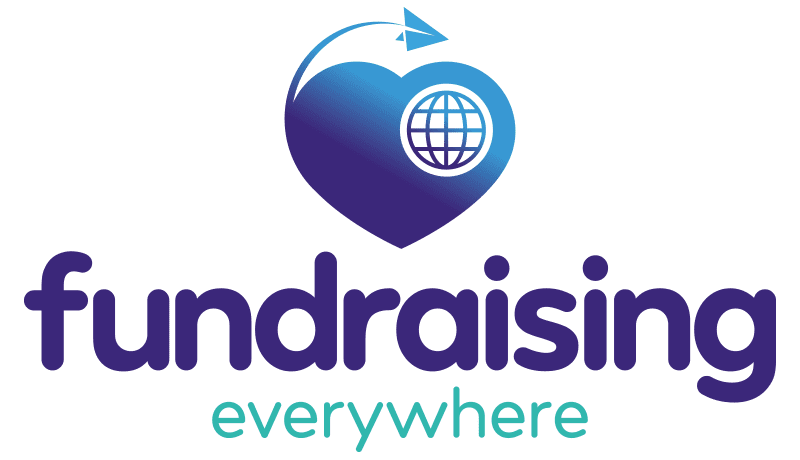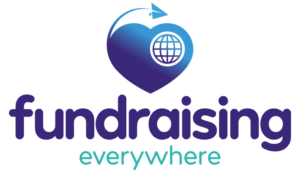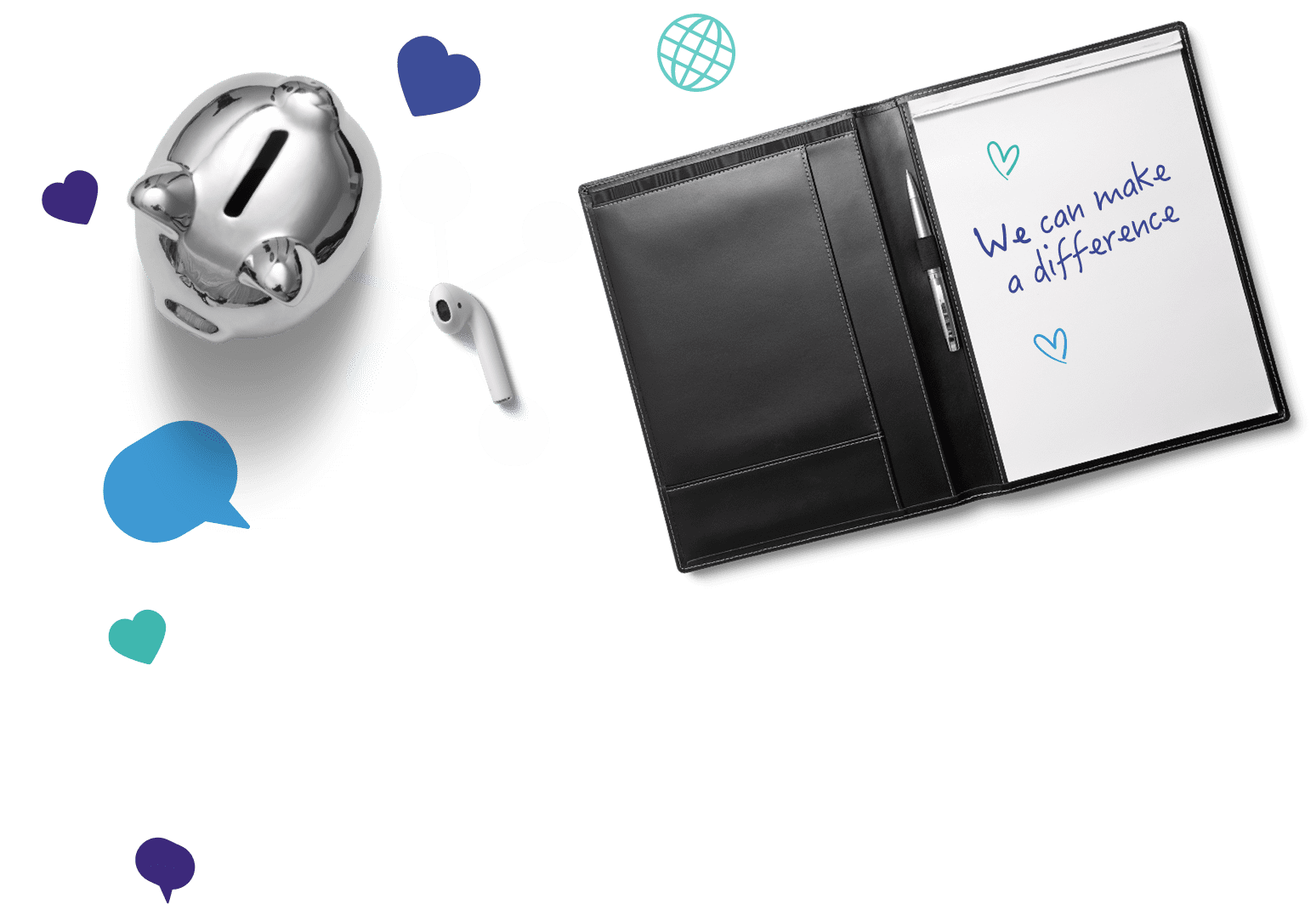Last week we ran a member's-only Fundraising Clinic with some really interesting questions and ideas. One question was around what you should say on a thank you call, and how you teach non-fundraiser volunteers how to make them.
For this week's Fundraising EveryWeek we thought we'd share some of our answer with you.
We don't want to overthink or overplan our thank you calls. We're trying to avoid sounding too rigid or formal or scripted. In fact, we don't use a script…I recommend just thinking of a general structure and letting the rest of the conversation flow.
Imagine you're talking to your elderly neighbour, or your friend's parents or a friend of a friend. We're not overly familiar but as non-profits we have the luxury of being a bit friendlier than a bank or insurance company.
This is the structure I recommend:

In reality our supporters are going to take us on random tangents. They don't follow a script…and that's OK. This is an exploratory call where we're listening for information and opportunities and helping our supporter feel heard and fee important.
So let's go through it briefly…
Introduce & Build Rapport
We want to try to take the cold out of the call as quickly as possible. They're suspicious and hesitant so how can we remove that? Tell them why you're calling. Tell them the connection. Tell them what you know about them. "You filled out our survey." "You get our newsletter." "You donated to us last year." Anything that tells them you're not a stranger.
Thanks & Achievements
Thank you, thank you, thank you. You can't thank someone too much, as long as it's honest. In fact we're going to continue thanking them throughout the whole call. Thank you for your donation, thanks for signing up to your newsletter, thanks for making a complaint. There's always a reason to thank someone. So tell them what has been achieved because of them.
Check Data
One of the things I love about phone is that we get something out of it even if it's not a financial ask. Now is the time to double check that address, capture their email address or find out anything else you'd like to know about them.
Feedback
Most importantly, find out what they think. "Why did you decide to donate?" "What did you think of our event?" "What did you think of the news story over the weekend?" Open questions that show your supporter they're valued gets them interested and gets them talking. And that's what we want. The more they talk, the more engaged they are and the more we learn. Asking questions is one of the greatest tools a fundraisers has.
There's more to how we can make them feel great and discover more fundraising opportunities. But that's a pretty good start.
The most important thing is that they get done. They help retain donors, spark further gifts, bring in employers and friends and tap in to volunteers. They're lovely.
Members get exclusive access to a monthly virtual Fundraising Clinic where we answer their specific questions and have an open discussion about the challenges they're facing right now. You can become a member here for only €20 per month.






